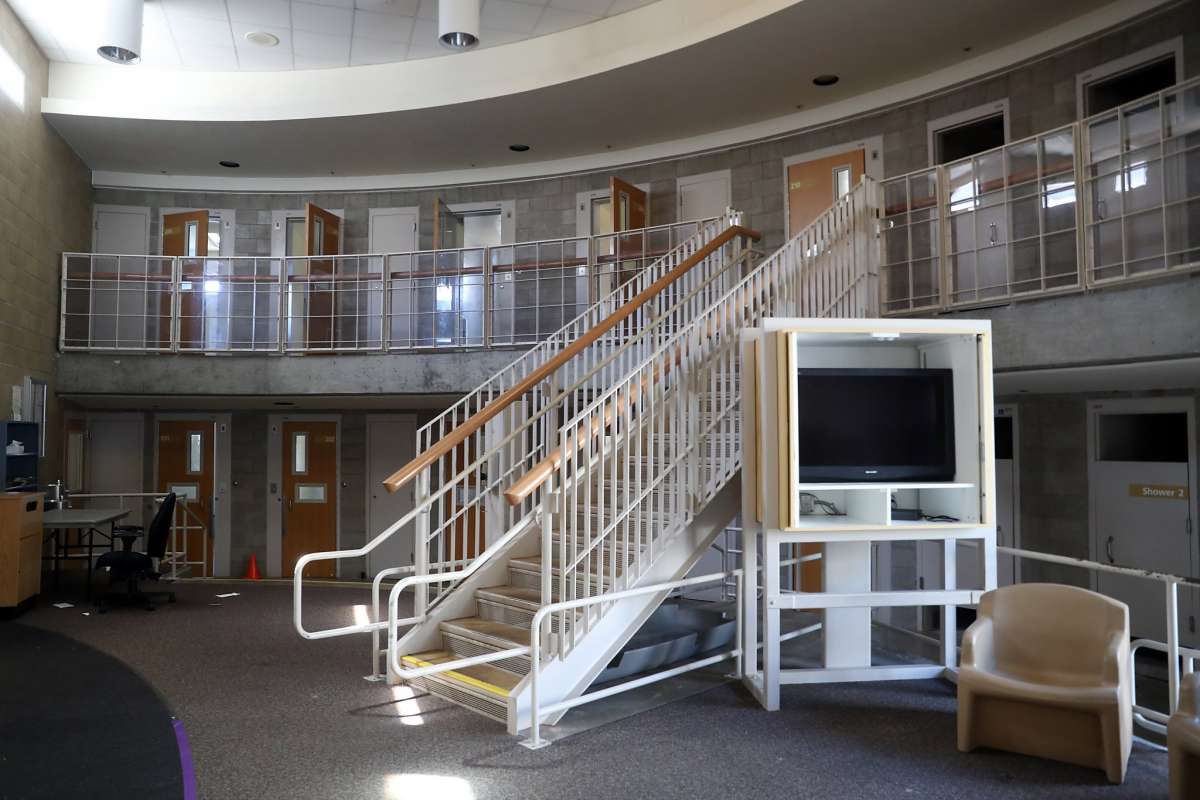JJBH in the NewsFebruary 5, 2020

San Francisco is closing its juvenile hall, part of a reform effort to move away from adult-style treatment for juvenile offenders. Will the rehabilitative, rather than punitive approach work?
JJBH in the NewsFebruary 5, 2020

San Francisco will close juvenile hall by the end of 2021 as planned, but without the support of the city’s mayor.
JJBH in the NewsFebruary 5, 2020

The annual cost of incarcerating a youth in juvenile hall in California has doubled over the past eight years, a new state survey shows, putting pressure on counties to answer for skyrocketing costs even as serious juvenile crime decreases.
JJBH in the NewsFebruary 5, 2020

You’ve reached your monthly article limit.Subscribe now to keep reading.
JJBH in the NewsFebruary 5, 2020

Part of The Commonwealth Club’s series on mental health, dedicated in memory of Nancy Friend Pritzker, with support from the John Pritzker Family Fund
Critics argue that jails and prisons are the most visible evidence of the failing of America’s public mental health system and that the most heartbreaking failures are in the field of juvenile justice.
JJBH in the NewsMarch 15, 2019

Teens who get in trouble with the law have high rates of substance abuse and mental health issues, but the problems are even worse for lesbian, gay, bisexual, transgender and queer adolescents who are first-time offenders, researchers say in a study published today in the Journal of Adolescent Health.
JJBH in the NewsMarch 15, 2019

For the past three years, Dr. Andrea Zorbas has worked at the San Francisco Stress and Anxiety Center located South-of-Market, providing psychological counseling for adults. According to Zorbas, her clients, who often come with “career-related” worries, “all have an undergraduate degree, and most have a postgraduate degree,” and largely work in the tech industry.